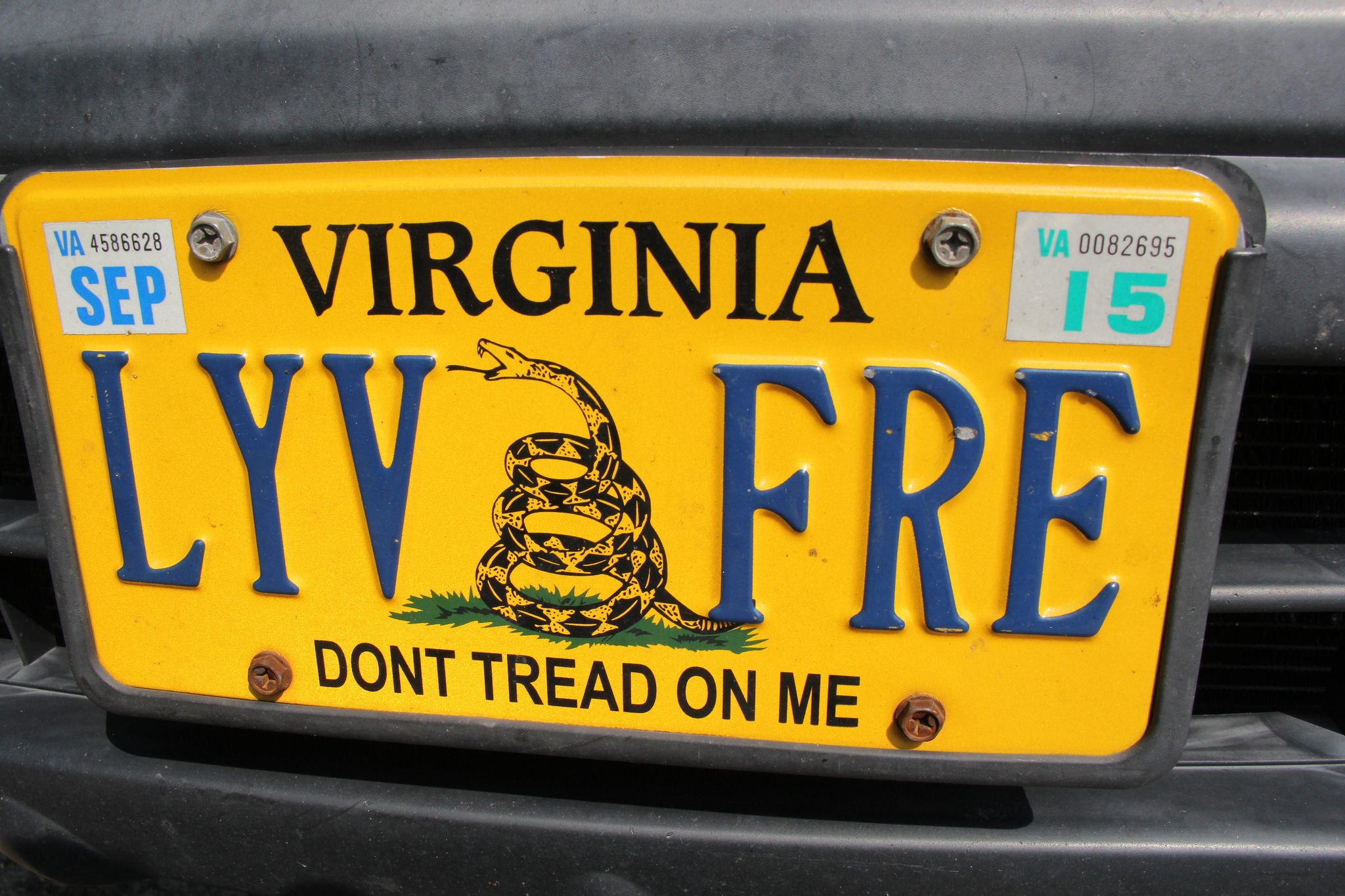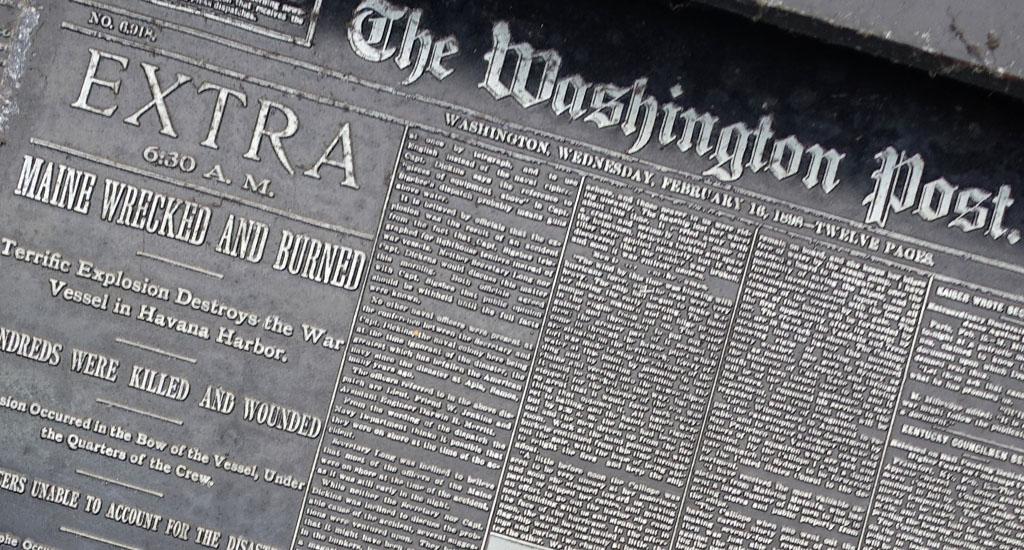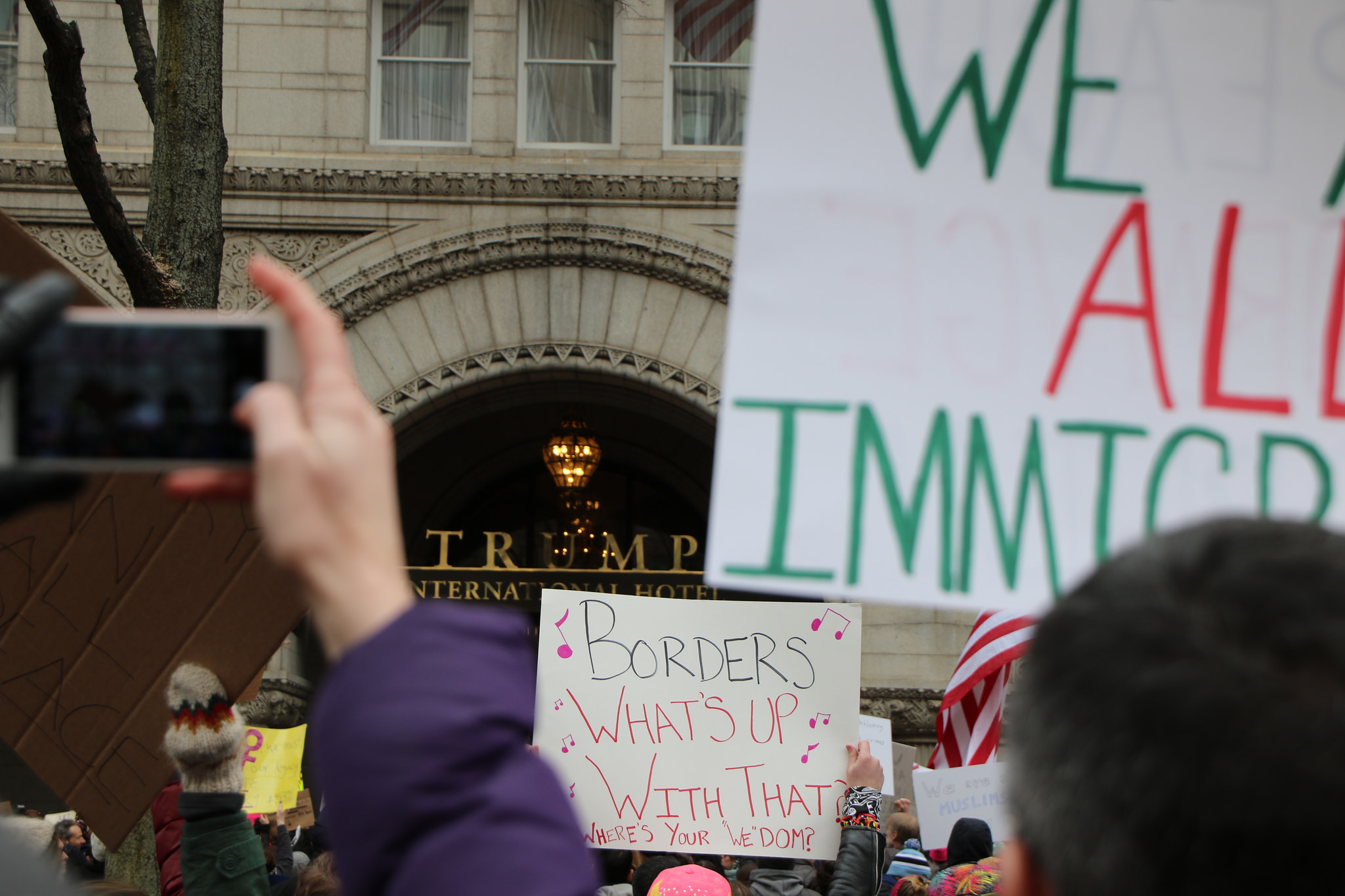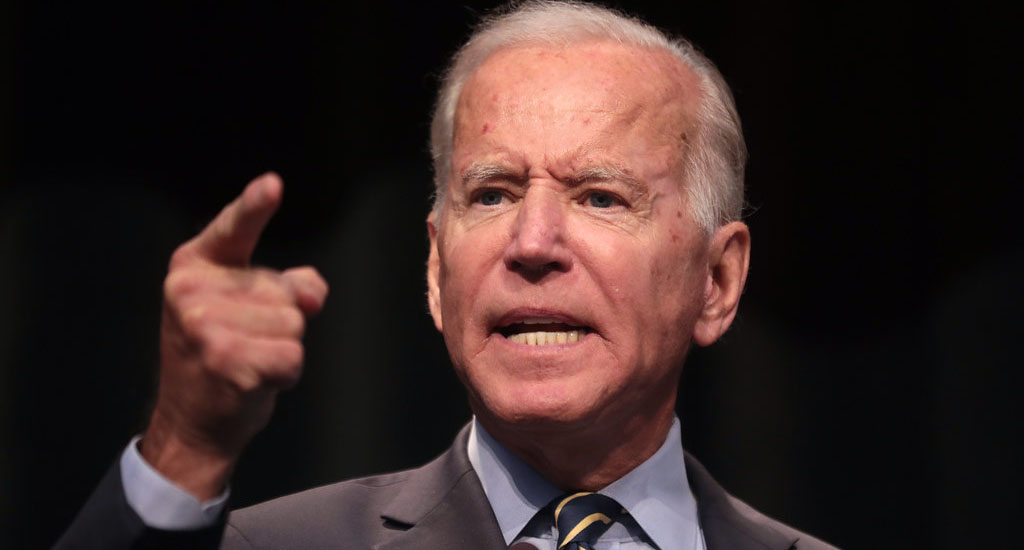A challenge to Virginia’s law that provides for the suspension of one’s driver’s license after unpaid court costs and fines is in the works as the Legal Aid Justice Center filed an amended class action suit in federal court in Charlottesville earlier this month challenging the constitutionality of the provision. Advocates for low-income citizens seek a judgement to immediately stop the practice that they say violates both the Equal Protection Clause and Due Process Clause of the Constitution.
As stated in a report from The Washington Post, the law is a “trap” that works against poor people that send them into a “nightmarish spiral,” the lawsuit says.
In Virginia, anyone, whether licensed to drive by the Commonwealth or not, as a condition of legally being allowed to drive, must consent to pay all “fines, court costs, forfeitures, restitution, and penalties assessed,” through the court justice system. Furthermore, as stipulated by Virginia Code § 46.2-395, when one “refuses to provide for immediate payment in full of any fine, costs, forfeitures, restitution, or penalty lawfully assessed against him, or fails to make deferred payments or installment payments as ordered by the court, the court shall forthwith suspend the person’s privilege to drive a motor vehicle on the highways in the Commonwealth.”
The suspension of one’s driver’s license continues until all aforementioned costs are paid in full, with a reinstatement fee paid to the Department of Motor Vehicles (DMV). As well, if a person has not obtained a license, or is not a resident of the Commonwealth, “the court may direct in the judgment of conviction that the person shall not drive any motor vehicle in Virginia for a period to coincide with the nonpayment of the amounts due,” as stated in the code.
The complaint was originally filed in 2016 and dismissed on jurisdictional grounds by a federal judge last year. However, it was revived by the 4th U.S. Circuit Court of Appeals in early 2018 when the court permitted the plaintiffs to amend their complaint.
As reported by the Richmond Times-Dispatch, the previous judgement said, “Although plaintiffs have set forth what could be described as a persuasive argument that courts should give indigent criminal defendants greater latitude with respect to the imposition or repayment of fines and costs, what they have presented is, at its heart, a policy argument — and this is not a policymaking forum. It is a court of law, and it is legal standards that govern whether this case must rise or fall.”
The Legal Justice Aid Center, which represents low-income Virginians, said in the recent lawsuit that more than 940,000 people in the Commonwealth have had their licenses suspended for non-payment of fees and fines. The suit stems from a similar, widely criticized situation of suspending licenses for traffic debt in Ferguson, Missouri, in 2015. Along with Virginia, cases regarding the constitutionality of the measure are pending in Montana, Michigan, and Pennsylvania.
The amended lawsuit claims that “‘the state traps thousands of Virginians in a nightmarish spiral from which there is no apparent exit’ by automatically suspending the licenses of those who can’t pay fines.” The lawsuit alleges that suspensions disproportionately affect people of color, as the state imposes more than $500 million in fines per year without considering the ability to pay.
“The indefinite suspension of the driver’s licenses of low-income Virginians erects significant barriers to their ability to pursue a livelihood and meet basic human needs,” the lawsuit states.
“The suspension statute sets up two justice systems in Virginia,” said Angela Ciolfi, director of litigation and advocacy at the Legal Aid Justice Center. “Those who can immediately pay court fines or fees are able to quickly untether themselves from their infractions, while those who do not have the resources to pay continue to be punished well beyond their original infraction — they are punished for their poverty, and set up for even harsher consequences as their debts compound, their jobs are lost and their families struggle to make ends meet.”
Virginia’s current suspension system is set to occur after one delinquent payment, with the effects potentially lasting for years, the Legal Justice Aid Center says. For low-income Virginians, this presents a dire problem for people who must “prioritize their essential basic needs: rent, utilities, groceries and taking care of the health and welfare of their children and other relatives, including those who are elderly and/or have disabilities.”
The lawsuit seeks an immediate halt to license suspensions for court debt and a declaration that the practice is a civil rights violation.
In this year’s General Assembly session, State Senator Bill Stanley (R-Franklin) proposed legislation to end the practice of tying together unpaid court fines and fees with driver’s license suspensions.
Senate Bill 181 would repeal the requirement that the driver’s license of a person convicted of any violation of the law who fails or refuses to provide for immediate payment of fines or costs be suspended. The bill dictates that the DMV would return or reinstate any person’s driver’s license that was suspended solely for nonpayment of fines or costs, provided that the person has paid the applicable reinstatement fee. The bill, the provisions of which were contingent on funding in a general appropriation act, was left in the Appropriations Committee at the end of the session.
Nevertheless, barring changes in the state legislature, whether in Virginia or otherwise, the matter does present constitutional question that must be answered.
- Does suspending one’s driver’s license due to unpaid court fees and fines violate the Equal Protection Clause on personal economic grounds by treating those who are willing but unable to pay more harshly than those who are willing and able to pay?
- Does the automatic suspension of a driver’s license for a delinquent payment or full non-payment violate the Due Process Clause by suspending a license without proper notice and opportunity for hearing?






